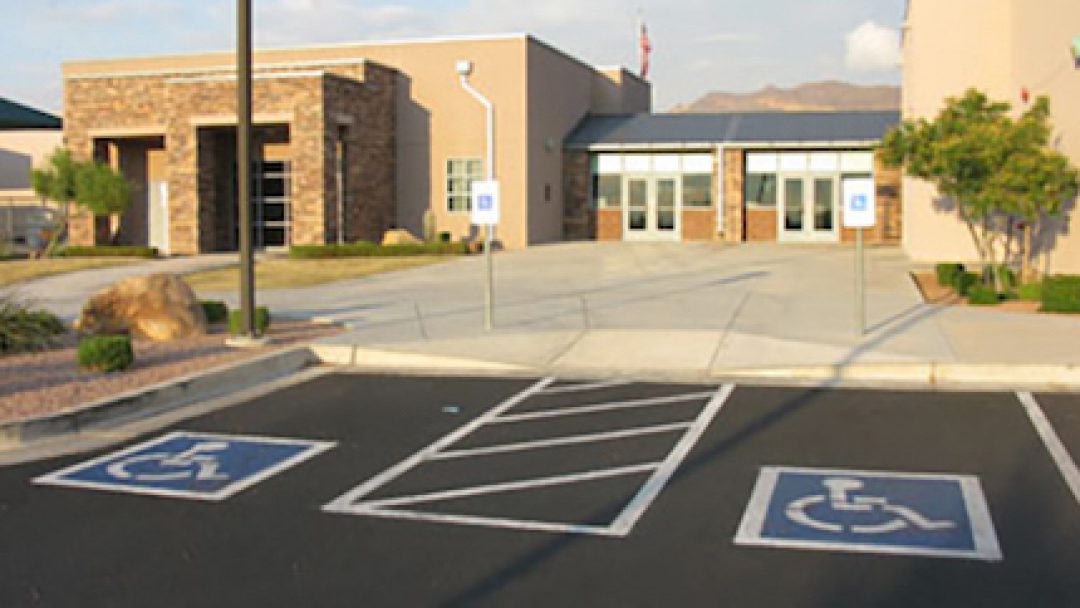After 59 percent of voters weighed in to raise the minimum wage in Arizona, disability providers in the state say they need almost three times the allotted funding to cover the wage increase. While the state earmarked $29 million to be added to the providers’ budgets for 2018 and the rest of 2017, the Arizona Association of Providers for People with Disabilities projects they’ll need $73.8 million to continue serving clients through 2018.
AAPPD connects the more than 600 organizations serving Arizona residents with disabilities with advocacy and counsel, as well as other supportive services.
The state Supreme Court began hearing a challenge to the proposition March 9. A December challenge with the same basis in the Maricopa County Superior Court was rejected, and the Supreme Court agreed to hear the case upon appeal from business groups.
Arizona Republican representative Regina Cobb told 91.5 KJZZ she considers the wage increase unconstitutional because though it effectively creates a cost to the general fund, it does not allocate increased funding to cover that cost.
The Grand Canyon Institute, a nonprofit focused on voter education and centrist research, confirmed the Arizona governor’s office estimate that $29 million would be sufficient for AAPPD’s needs. Prior to the vote, the Institute reported that the proposition could result in job losses and price hikes. “Overall, higher wages are paid for primarily through higher prices and to a less extent improved efficiencies, and probably to some extent a reduction in profits,” according to the Institute.
The Minimum Wage and Time Off Initiative, or Proposition 206, which passed in November, raised Arizona’s minimum wage to $10 per hour as of 2017. By 2020, the proposition will gradually raise the minimum wage to $12 per hour, increasing with the cost of living thereafter, as well as giving citizens the right to paid time off when they’re ill. Employees who earn tips can make three dollars below the minimum wage as long as their hourly wages plus tips equal at least minimum wage.








